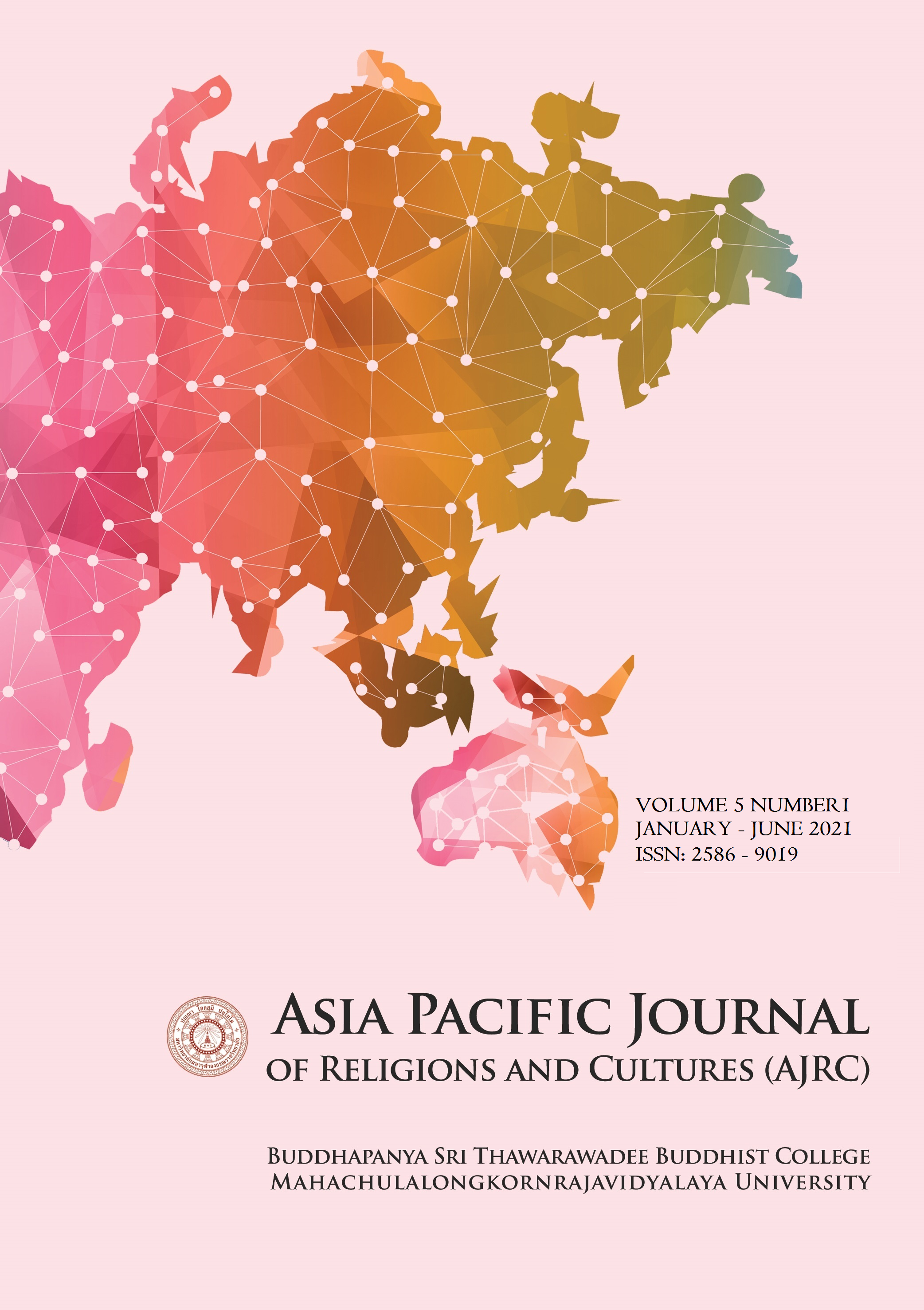Structural Equation Model of Causal Factors Influencing the Success of Cross-Cultural Communication
Main Article Content
Abstract
Various communication and interactivity in everyday situations for the airline personnel challenged effective interactions with groups of different cultures; it thus demanded to examine the consistency of the causal factor, path analysis, direct indirect and overall effects influencing the success of intercultural communication. 400 airline employees were samples through using online questionnaire for data acquisition. Statistical applications were the Confirmative Element Analyses, the Chi-square (c2), RMSEA (Root Mean Square Error of Approximation), Goodness of Fit (GFI) and Adjusted Goodness of Fit (AGFI) to test the model models, structural equations and causal factors. The results showed that the value passed the specified criteria witnessed with RMSEA value was less than 0.05, its consistency level index (GFI/Goodness of Fit) value and its AGFI (Adjusted Goodness of Fit) value were greater than 0.90. In path analysis of the direct, indirect and collective influence variable revealed that the acculturation and cultural intelligence had a statistically significant positive direct influence at the 0.01 level, respectively. Barriers to intercultural communication had statistically significant negative direct influence at 0.05 levels. The cultural intelligence had also critically indirect influencing variable by statistical significance at the 0.01 level.
Article Details
References
Angsuchot, S., Wichitwanna, S. & Pinyophanuwat, R. (2005). Use of List Rail Program: Statistical Program for Behavioral and Social Science Research, Class 6. Bangkok: Sukhothai Thammathirat Open University.
Chaipanha, S. & Sriprasert, U. (2016). Concept, Theory of Management Culture: Adaptation under Cultural Differences. Academic Journal Faculty of Management Rajabhat Maha Sarakham University, 1(2).
Euaamonvanich, P. (2017). Cross-Cultural Communication. Academic Journal Faculty of Management Science, 3, 97 - 102.
Hall, E. T. (1990). The Silent Language. New York: Anchor Books.
Inprasertkun, T. (2014). The acceptance of cultural differences of passengers and the service capacity of flight attendants. Academic Journal of International Thai Tourism,10(1), 86-96.
Jandt, F. E. (1998). International Communication: An introduction. California: Sage Publication.
Lustig, M. W. & Koester, J. (1993). Cross-Cultural Competence: Interpersonal Communication Across. New York: Harper Collins College Publishers.
Phonyotha, T., Passana, C., Prasertsin, A., Rattanarojanasakul, P., & Jitcharat, N. (2017). Cultural Intelligence in ASEAN Cultural Context for Undergraduate Students: A Phenomenological Study. Journal of the Institute of Culture and Arts Srinakharinwirot University, 18( 2), 57 -62.
Piamsomboon, P. & Sawangnate, S. (1992). Lis Rail Link Analysis: Statistics for Researchers in Social and Behavioral Sciences. Bangkok: National Institute of Development Administration.
Pornponthong, W. (2017). Analysis of Russian cultural differences between urban and rural people through the film DersuUzala(Thesis. Bachelor's degree). Thammasat University.
Prasitratasin, S., Sukkasem, K., Phongseri, S. & Prasimet, T. (2006). Structural Equation Model: Using LISREL, PRELIS and SIMPLIS Programs. Bangkok: Sam Lada.
Ratanasuwongchai, N. Cross-Cultural communication for service work. Journal of Humanities,18(1), 83 - 94.
Sakeaw, A. (2020). Cross-Cultural communication of foreign monks with Thai monks in Chiang Rai province. Journal of ASEAN Buddhist Studies, 4(1).
Thomas, D. & Inkson, K. (2003). Cultural Intelligence: People Skills for Global Business. San Francisco: CA: Berrett-Koehler.
Witayawirot, T. (2009). Communication ability and cultural adaptation of foreigners living in Bangkok (Research report). Bangkok: Bangkok University.


